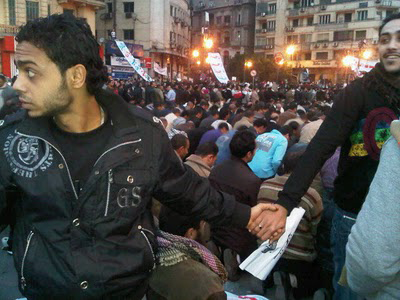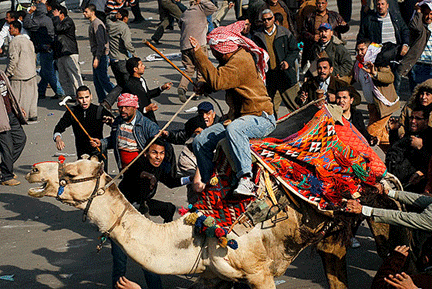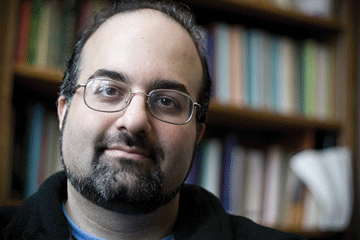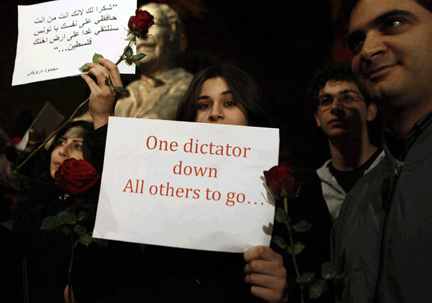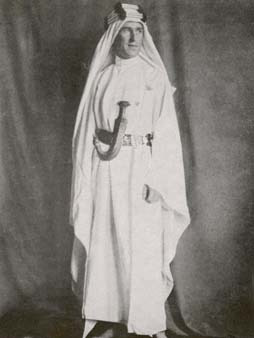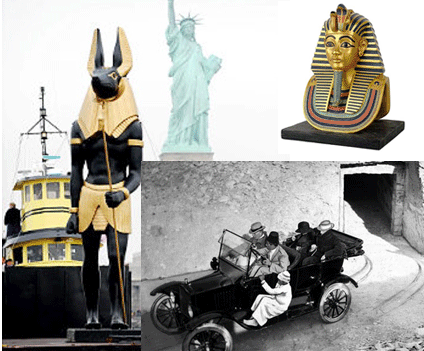
Al Jazeera offers live coverage of events in Egypt on the internet
Not even Rupert Murdoch, the media mogul who I suspect lies awake at night (just as many of his news outlets lie throughout the day) thinking of new ways to manufacture news, could have imagined the current crisis streaming live on the cable channels and over the Internet for well over a week. America has had its tea party and birthers with Fox gobbling up Sarah Palin to supplement the loonies already on the payroll. I suppose the Israel/Palestine issue was getting too stale, so why not a domino fury across North Africa and the Middle East? No, Murdoch did not cause the overthrow of Ben Ali, the massive anti-Mubarak protests in Egypt, the ripple effect of less virulent protests in Yemen, Jordan, Syria, and Sudan. There are very good local reasons why the streets are filled with angry people from all walks of life (well not the corrupt elites who benefit from dictatorial spoils).
It is not about hating the United States, not when the signs spell out freedom and democracy instead of “Death to America.” It is not even about Islam, certainly not the silly rantings of Glenn Beck that a new chalkboard caliphate is in the making. It is about frustration that reached the boiling point, the astronomical rises in food costs, the lack of jobs, the growing income gap between the average person and friends of the regime. When you have a president alleged to be worth 40 billion dollars, you get the picture of why there has not been an end to the takeover of Tahrir Square in Cairo. Continue reading Streaming Revolution, Screaming Revolution
